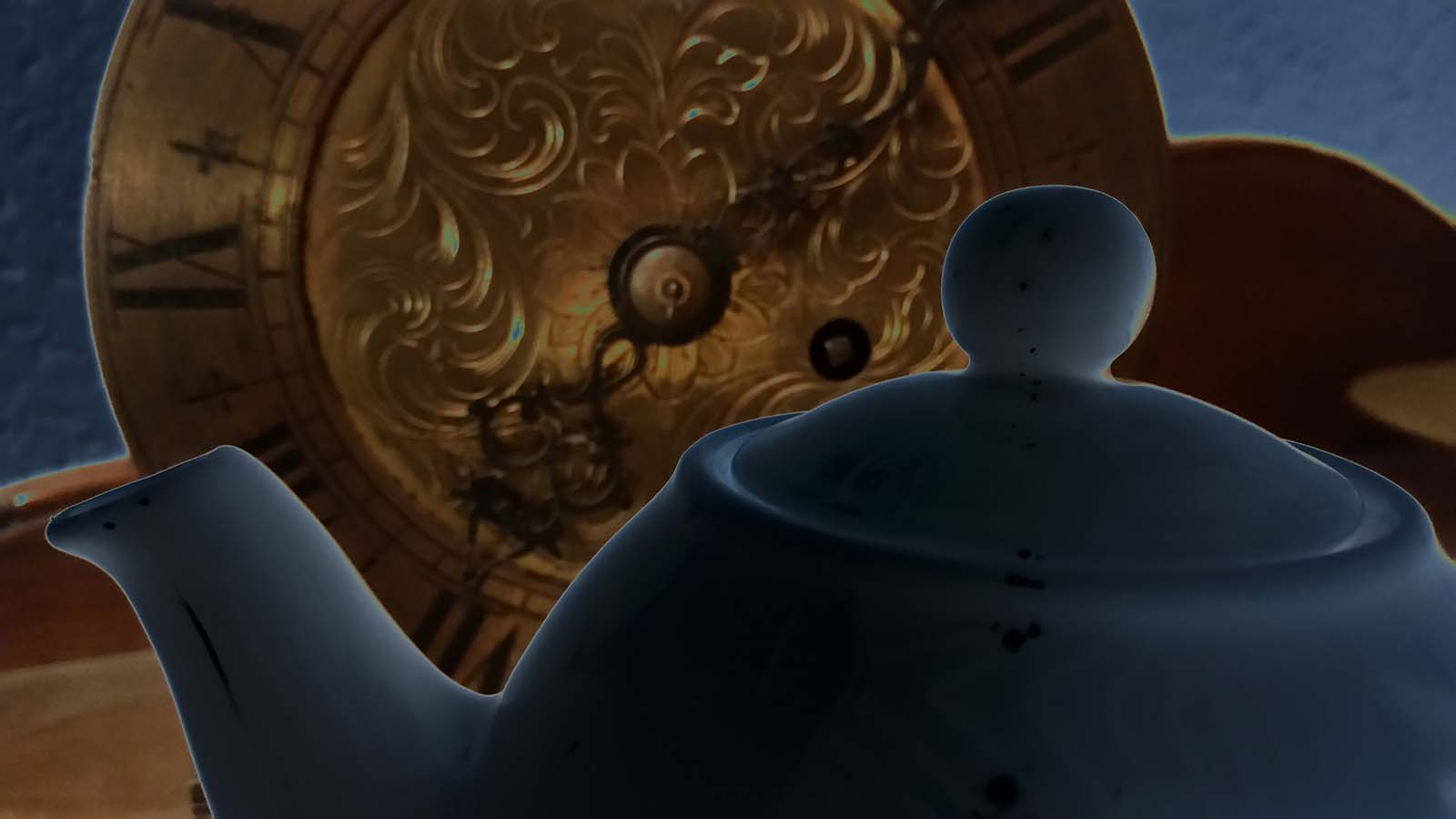The Goldfish and the perfect Teapot

Through one of those cosmic but meaningless coincidences, I’ve recently come across a cluster of articles on various subjects which all have the same thing in common: they all assume an inevitable and continuing state of progress. The present is automatically better than the past. And, even more strangely, they assume that we are now necessarily better people than everyone who lived before: more sensible, less innocent; more understanding of “issues”.
It’s an oddly quaint and old-fashioned idea, this obsession with necessary progress. It was very popular in the eighteenth century, when life was often seen as a series of steady steps on the road to perfection. Everything was capable of perfection: the human mind; a building; a work of art, a teapot. That time passed, and so will ours.
In the meantime, I think this ”progress” idea is part of a larger problem: a disregard of history. And by “history” in this context, I mean anything that happened more than a few months ago. Don’t misunderstand me. I’m not yearning for a mythical golden age when everything was much better; just a little informed perspective. An attention-span a little longer than that of the (probably maligned) goldfish.
Why do I call it a problem? I think it’s a problem because if you don’t understand how you got here, how do you understand where you are? How can you understand the mess the world is in unless you know something about what went before? You can look around, absolutely. But you won’t understand what you’re looking at.
What does all this have to do with writing? Well, we are nothing without our memories. Memories are the stories we tell ourselves to make sense of our lives. They’re the basis and the substance of who we are. And “history” is just collective memory; the stories that make sense of the past. Without these communal memories, we don’t exist as a society; exactly as without our personal memories we don’t exist as people. But lists of dates and events are indigestible and make our brains scramble and fog. We all have a need for some kind of order, even in chaos. We look for patterns. We look for stories. And writers are the tellers of stories that help us understand where we are, and how we got here.
The stories don’t have to be “true” in that they don’t have to be restricted to verifiable facts. But they have to be true in the sense that they tell us more about a world we recognise and about parts of ourselves we feel to be true. Fiction can sometimes give you more understanding than facts because it involves emotions, and that’s where memory really lies.
